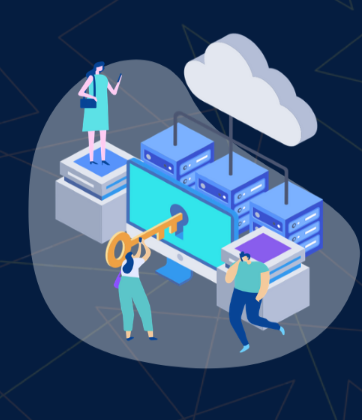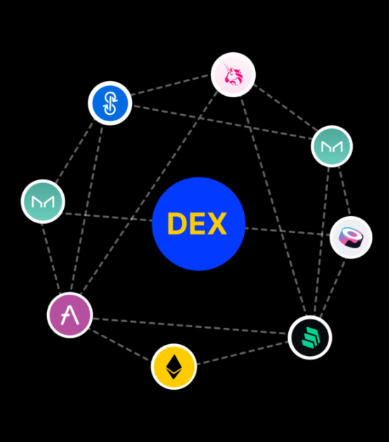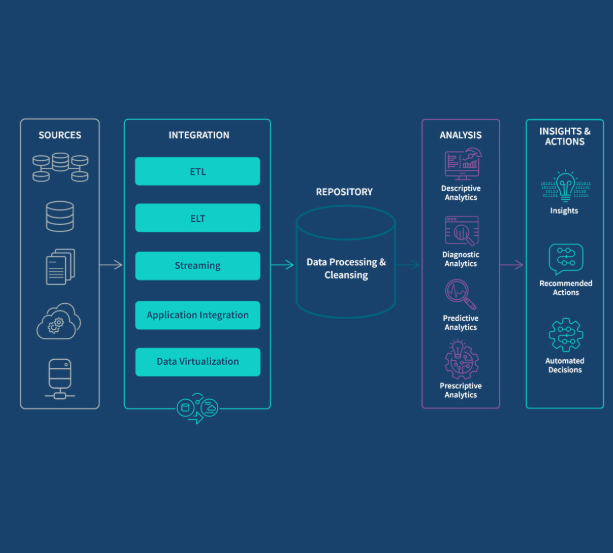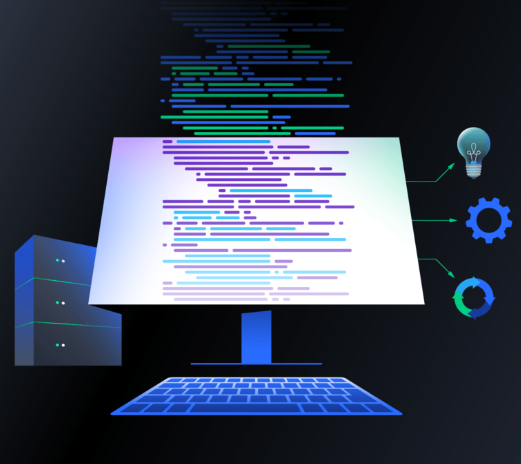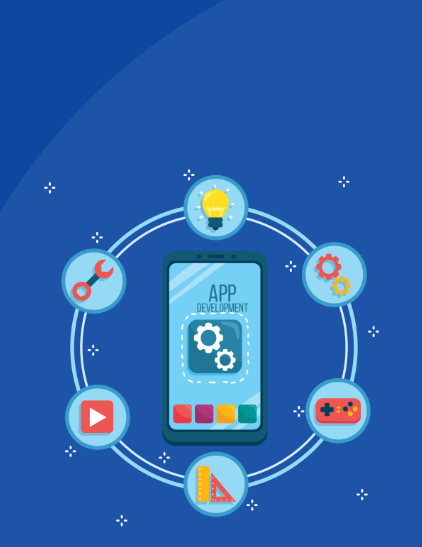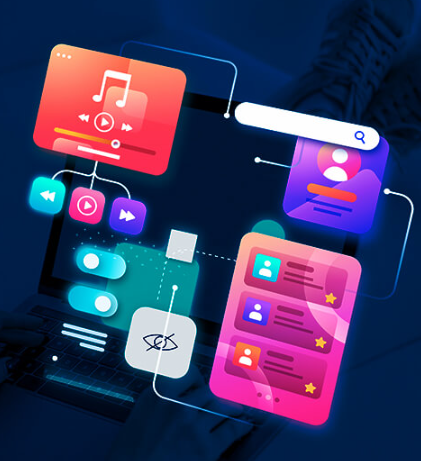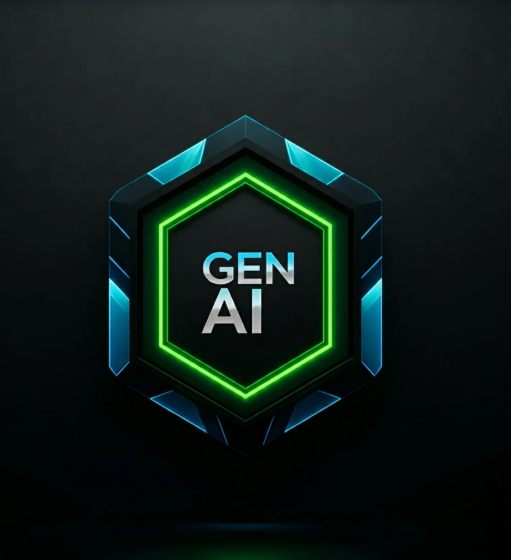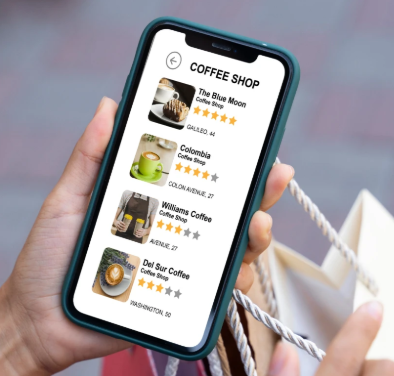
The demand for on-demand app development is skyrocketing, as businesses strive to offer customers instant access to services and products through mobile or web apps. In today’s fast-paced world, on-demand apps have become essential for industries like food delivery, taxi services, home repairs, and more.
However, with countless on-demand app development companies available in 2025, it can be overwhelming to determine which one is the best fit for your business needs. In this guide, we’ll explore key factors to consider when selecting the right development company, the solutions they offer, and the process of app creation.
What are On-Demand App Development Companies?
On-demand app development companies specialize in creating mobile applications that connect consumers with service providers in real-time. These applications facilitate services such as booking taxis, ordering food, or shopping for groceries. On-demand apps simplify everyday tasks by allowing users to access products and services quickly, making life more convenient for both customers and businesses.
For instance, food delivery apps like DoorDash let users place orders at local restaurants and have food delivered to their doorstep, while ride-sharing apps like Lyft make booking a ride as easy as a few taps on your phone.
While the complexity of apps like Lyft or DoorDash may seem daunting, the good news is that with the right development company, your business can build an equally sophisticated app that caters to your customer needs.
How to Choose the Best On-Demand App Development Company for Your Business
The success of your app depends largely on the development company you choose. A skilled company will not only offer technical expertise but also provide strategic guidance on app features, user experience, and business positioning. Here’s what you should look for when selecting the right on-demand development partner:
1. Portfolio and Experience
The first step in evaluating an on-demand app development company is to examine their portfolio. Look for companies with experience in your industry or a related field. For example, if you’re developing a food delivery app, find a company that has built similar apps. Their prior experience will ensure they are familiar with the nuances of the industry and can execute your project efficiently, saving you both time and money.
2. Reviews and Recommendations
Customer reviews and recommendations are valuable resources when choosing a development company. Positive feedback from previous clients can give you insight into the company’s strengths, reliability, and ability to meet deadlines. Platforms like Clutch, GoodFirms, or Google Reviews can help you assess the company’s reputation and customer satisfaction.
3. Technical Skills and Expertise
To build a seamless and user-friendly on-demand app, the development company you choose must have expertise in a range of technical areas, including backend development, frontend development, UI/UX design, and testing. Additionally, the company should be proficient in the latest frameworks like React Native, Flutter, and Swift to ensure the app is built on the most robust and scalable technology available.
4. Post-Launch Support
Building an app doesn’t end with its launch. Ongoing maintenance, updates, and bug fixes are essential for the app’s continued success. Make sure the development company offers post-launch support, such as security patches, new feature integration, and troubleshooting to keep your app running smoothly.
5. Communication and Transparency
Clear and open communication is crucial during the app development process. Ensure the company you choose has a reputation for being responsive, transparent, and proactive. Effective communication will help ensure the project stays on track and meets your expectations.
Solutions Provided by On-Demand App Development Companies
On-demand app development companies offer a variety of solutions tailored to different industries. Here are some common services provided:
1. Food Delivery Apps
Food delivery services have seen a surge in popularity, especially after the pandemic. These apps allow users to explore local restaurant menus, place orders, and have meals delivered directly to their homes. To develop a food delivery app, the company must integrate payment systems, real-time order tracking, and a communication platform for users, delivery personnel, and restaurant owners.
2. Grocery Delivery Apps
Grocery delivery apps are essential for consumers who want to shop for groceries without leaving their homes. These apps typically feature real-time inventory updates, product recommendations, and an intuitive shopping experience. Development companies will integrate features like product catalogs, shopping carts, payment systems, and logistics management.
3. Taxi Booking Apps
Taxi booking apps like Uber and Lyft allow users to book rides effortlessly from their mobile devices. To develop a taxi app, features like real-time ride tracking, scheduling, payment gateways, and driver ratings are essential. Additionally, geo-location services and map integrations are critical for providing accurate Estimated Time of Arrival (ETA).
4. Logistics Apps
Logistics apps help businesses manage transportation, inventory, and distribution more effectively. These apps often include features like route optimization, real-time tracking, fleet management, and inventory control. The success of a logistics app depends on its ability to improve communication between businesses and delivery drivers.
5. Handyman Services Apps
On-demand handyman apps make it easy for customers to find skilled workers in their local area. These apps typically include features like service booking, provider verification, secure payment options, and customer support. Development companies will ensure the app has all the necessary tools to facilitate easy communication and a smooth customer experience.
How Do On-Demand App Development Companies Work?
The process of developing an on-demand app requires strategic planning and careful execution. Here’s an overview of the typical process followed by development companies:
1. Idea Visualization
Before diving into development, the first step is understanding your target audience and determining what they need from the app. This phase sets the groundwork for defining app features and integrations, ensuring the app meets the expectations of the end-users.
2. Market Research
Conducting market research is crucial for understanding your competition and identifying opportunities to differentiate your app. By analyzing market trends and customer demands, you can refine your app’s features to ensure it stands out in a crowded market.
3. Prototyping and Wireframing
Creating a prototype or wireframe allows you to visualize how the app will function and ensures the user interface is intuitive and user-friendly.
4. Platform Selection
Decide whether to build the app for iOS, Android, or both platforms. While developing for both platforms reaches a wider audience, it can significantly increase the development cost and time.
5. Development
Once the planning is complete, the development team will begin building the app, working on both the front-end and back-end coding, integrating third-party services, and ensuring the app works smoothly across all devices.
6. Testing and Quality Assurance
After development, the app undergoes rigorous testing to identify and fix bugs, glitches, or performance issues. Quality assurance ensures the app functions as intended and meets all the necessary requirements.
7. Beta Launch
A beta version of the app is released to a select group of users who provide feedback on their experience. This feedback is used to make any necessary improvements.
8. Final Launch
Once the beta version is refined, the app is ready for the public launch. The app is submitted to app stores, marketed, and monitored for performance.
9. Post-Launch Support
After the app is launched, continuous monitoring, updates, and improvements are necessary to ensure long-term success and keep users satisfied.
How Much Does On-Demand App Development Cost?
The cost of developing an on-demand app varies depending on the complexity, features, and platform. Here’s an estimate of typical development costs:
- Simple Apps: $30,000 to $120,000
- Medium Complexity Apps: $120,000 to $200,000
- Complex Apps: $200,000 to $300,000+
Factors such as the location of the developer, the type of app (native or hybrid), and the complexity of the features all influence the final cost.
Conclusion
Choosing the right on-demand app development company is crucial to the success of your app. By considering factors like the company’s experience, technical expertise, post-launch support, and communication skills, you can ensure that your app is developed efficiently and meets your business needs. With the right partner, you can build an app that not only functions smoothly but also stands out in a competitive market.


